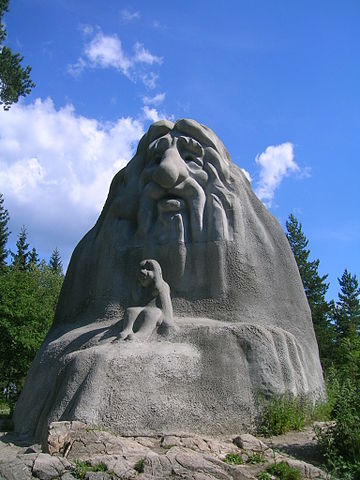
POPULAR RESONANCES: JULY AND AUGUST 2016
This marks the third installment of JH Roberts's regular column Popular Resonances. Popular Resonances examines references to ancient Germanic culture and Germanic mythology in modern popular culture as it happens. For more information on the feature, please see Roberts's introductory post here. This installment includes Thor: Ragnarok, Jotun: Valhalla Edition, Great Whale Road game, The Creepy Case Files of Margo Maloo, and much more.
Throwback Thursday: American Gods, a Novel by Neil Gaiman

